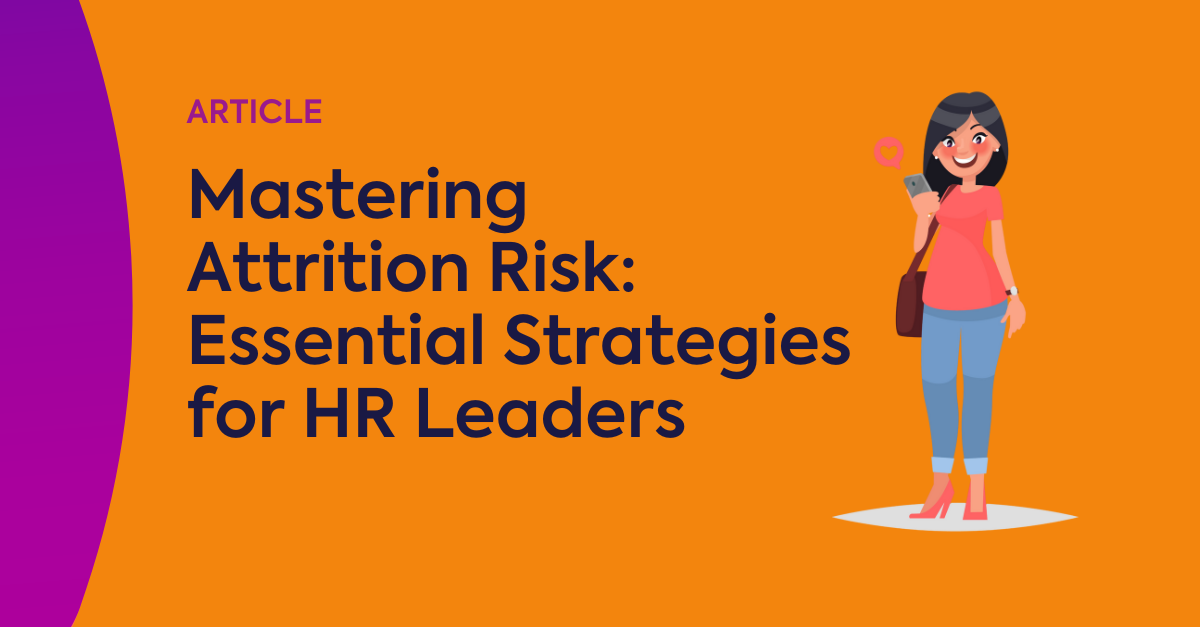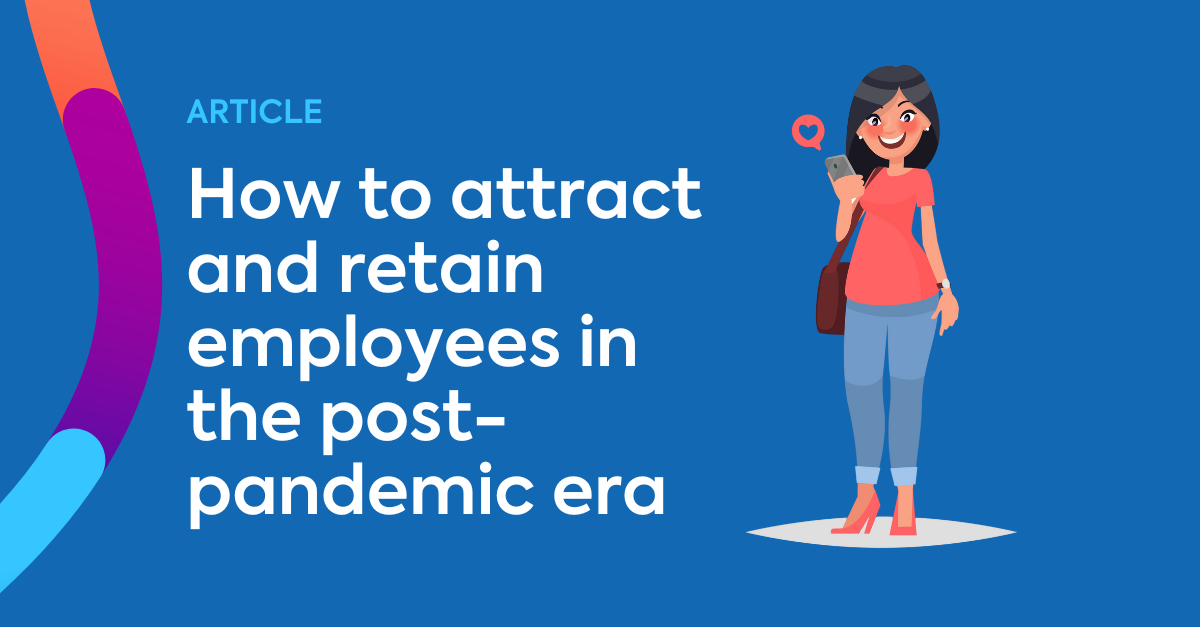Mastering Attrition Risk: Essential Strategies for HR Leaders
Overview Mastering attrition risk requires the implementation of essential strategies that enhance employee engagement, acknowledge contributions,...
Engage
|
Hire
|
Develop
|
Assess
|
|
Deeply understand your organisation with science-backed analytics on your culture, team design, and engagement. |
Automatically match to candidates who are a great fit for your team culture and who are intrinsically motivated to succeed. |
Back your onboarding, compliance and skill development with industry-leading credentialling, competency and capability expertise.
|
Reimagine skills assessment and certification with dedicated tools designed to elevate your competency frameworks.
|
.png?width=383&height=200&name=team%20(1).png)
Much has been written about the ‘Great Resignation’ - the post-pandemic trend leading record numbers of people around the world to voluntarily exit from their roles. But while significant focus has been placed on the ‘departing’ aspects of the resignations, little has been said about the opportunities this can also present for employers.
Common consensus is that it’s likely the initial wave was largely and simply driven by a backlog of resignations as the uncertainty during the first year of the pandemic made workers hesitant to leave their roles. The continuing high volumes of resignations, however, suggest that there’s more at play and a profound shift has occurred in how employees think and feel about the work they do, and its role in their lives.
According to a survey1 we conducted at the beginning of this year, an incredible 86% of Australia’s white-collar workforce would indeed consider a new role in 2022.
The top reasons were:

The survey also revealed:
With unemployment rates at their lowest in several decades, businesses across Australia are already being impacted by an acute talent shortage.
Companies who not just survive but thrive will be those who take steps to understand the reasons why their employees leave and then introduce significant measures to prevent that from happening. Importantly, companies who do this well will also have the edge over their competitors by standing out to high-quality candidates who are looking for new roles.
The data showed a clear gap between how different generations are feeling about their jobs. Baby Boomers are the most likely to stay in their jobs for the next 12 months (33%), while Gen X are the most concerned about feeling undervalued (27%). Keeping Millennials in your workforce will mean focusing more on team cultural activities (19%) and paid parental leave (19%).
There is also a divide between the type of roles people hold and why they would leave their company. Non-managerial staff were much more likely to leave because of feeling undervalued (36%) and more than twice as likely as senior managers to feel that their career progression has slowed down (61% compared to 28%). Senior managers were more likely to leave due to a desire to move into a new field (39%) or start their own business (32%).

There’s no doubt that the current market is causing many challenges for businesses in attracting and retaining their workforce. Those who have the competitive advantage, however, will be those who face the challenges head on and take proactive measures.
At Compono we’ve always believed that an organisation’s sustained competitive advantage will always be their people - and our technology solutions have been built to help companies optimise how they hire, develop and engage their team.
Contact us if you’re interested in finding out more.
Research: Survey of 1,016 white collar professionals in Australia, conducted January 2022 by Compono in partnership with YouGov.

Overview Mastering attrition risk requires the implementation of essential strategies that enhance employee engagement, acknowledge contributions,...

To create an effective job duties description, it is essential to:

If you’ve recently tried hiring, you might’ve noticed something unusual—every CV seems polished to perfection. Thanks to AI tools, many job seekers...

Best practices for LinkedIn job ads underscore the significance of clear job titles, engaging summaries, and targeted audience strategies to...

The article outlines best practices for LinkedIn job advertising, emphasising strategies that enhance HR success by leveraging the platform's...

Overview The article focuses on best practices for HR managers in formulating effective interview questions to enhance the recruitment process. It...
